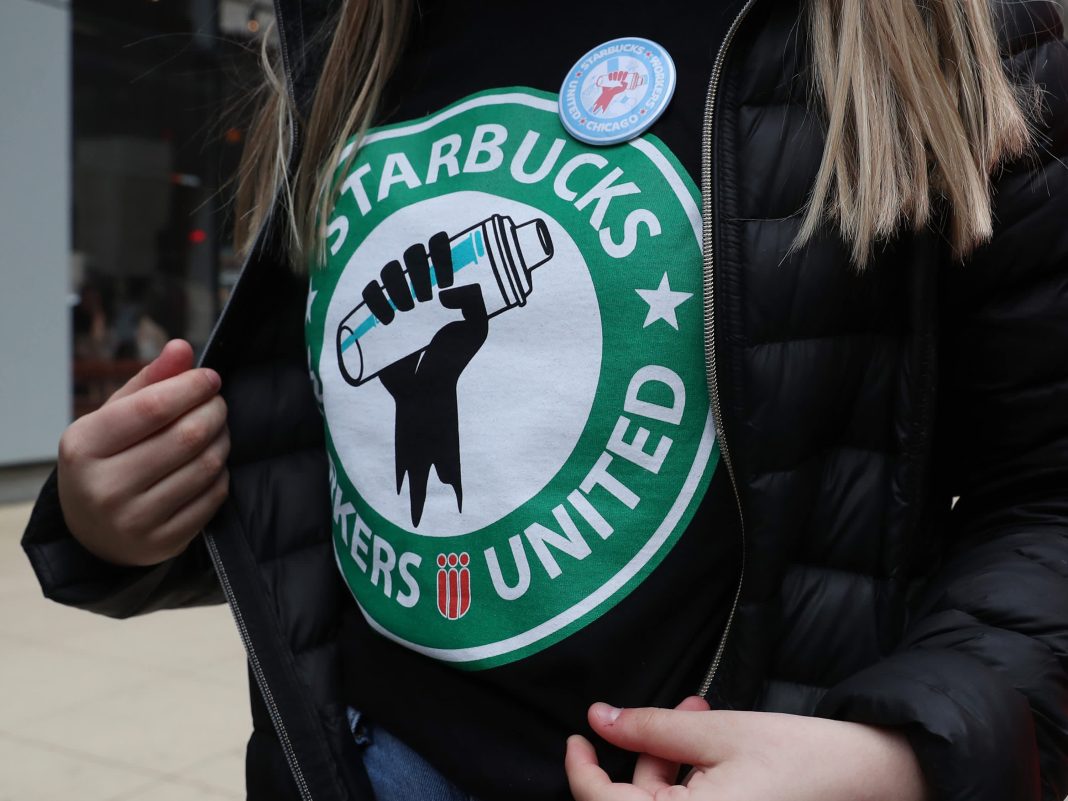In the ever-evolving landscape of labor relations, the recent developments at Starbucks stand out as a significant chapter in the ongoing dialogue between corporate power and employee rights. At the heart of this narrative is the commitment of Starbucks CEO Brian Niccol, who has publicly pledged to engage in good faith negotiations with the union representing the company’s baristas. This shift in tone reflects a broader trend in corporate America, where the rights of workers are increasingly taking center stage in public discourse.
In a letter addressed to the union, Niccol expressed his respect for the democratic process by which workers choose to be represented. “I deeply respect the right of partners to choose, through a fair and democratic process, to be represented by a union,” he wrote, emphasizing the importance of constructive engagement. This statement comes as a response to the bargaining delegation from Starbucks Workers United, which has been at the forefront of advocating for better working conditions, fair scheduling, a living wage, and enhanced racial and gender equity.
The backdrop of this negotiation process is rich with history. Three years ago, a wave of unionization efforts swept through Starbucks cafes across the United States, largely fueled by the advocacy of Workers United, an affiliate of the Service Employees International Union. Initially, Starbucks embarked on a campaign to resist this union push, which manifested in legal battles and extensive media coverage. However, a pivotal moment arrived six months ago when both parties agreed to collaborate on a path forward, following mediation to settle disputes related to the union’s social media activities.
Niccol is relatively new to this complex landscape. Before joining Starbucks, he was the CEO of Chipotle Mexican Grill, where his experience with unionization was decidedly limited. At Chipotle, only one location in Lansing, Michigan, successfully unionized. Moreover, the company faced significant backlash after settling a $240,000 claim for allegedly retaliating against workers attempting to unionize at a location in Augusta, Maine. Such experiences underscore the challenges that major corporations face when navigating the increasingly vocal demands of their employees.
Today, the stakes are higher than ever. Workers United now represents over 490 Starbucks locations and more than 10,500 employees across the U.S. Starbucks, with over 16,700 locations in the country—more than half of which are company-owned—finds itself at a crossroads. The outcome of these negotiations will not only affect the baristas on the front lines but will also resonate with a generation of consumers increasingly concerned about corporate ethics and social justice.
Recent studies reveal that consumers are more likely to support companies that prioritize fair labor practices. A survey by the Pew Research Center found that 64% of Americans believe that businesses should be required to pay their employees a living wage. This consumer sentiment could play a crucial role in shaping the future of Starbucks as it navigates this pivotal moment in its history.
As the negotiations proceed, it is clear that all eyes will be on Starbucks. The company’s approach could set a precedent for other corporations grappling with similar unionization efforts. Whether Starbucks can foster a culture of collaboration rather than confrontation may very well define its reputation and operational success in the years to come. For now, the union’s push for equity and fair treatment continues, backed by a workforce that is more empowered than ever, and a consumer base that is watching closely.

